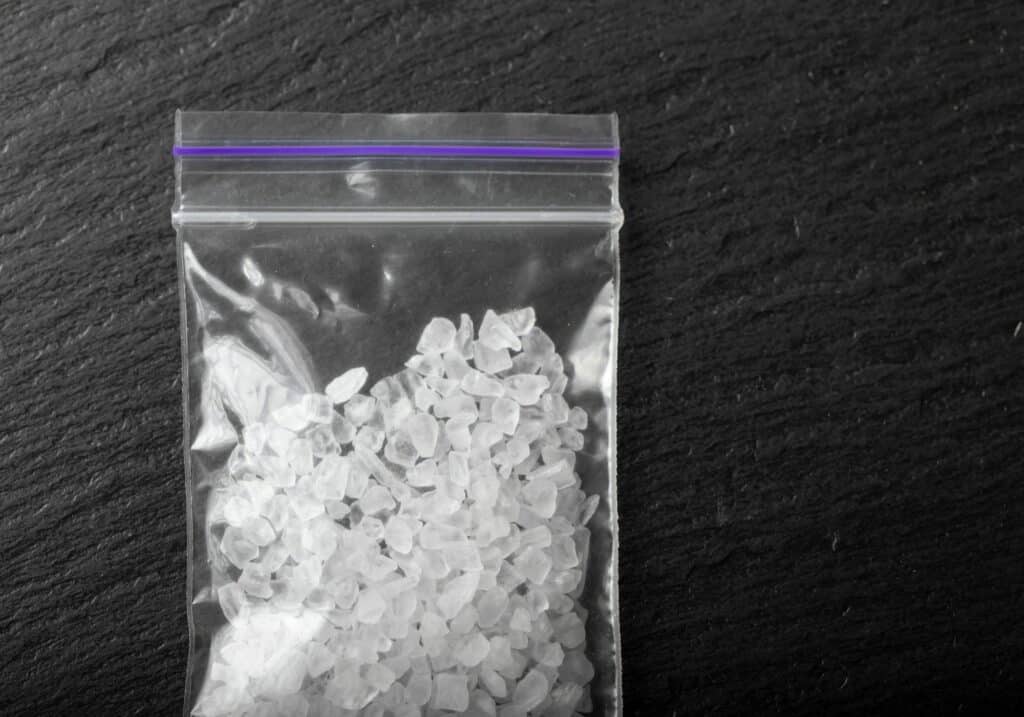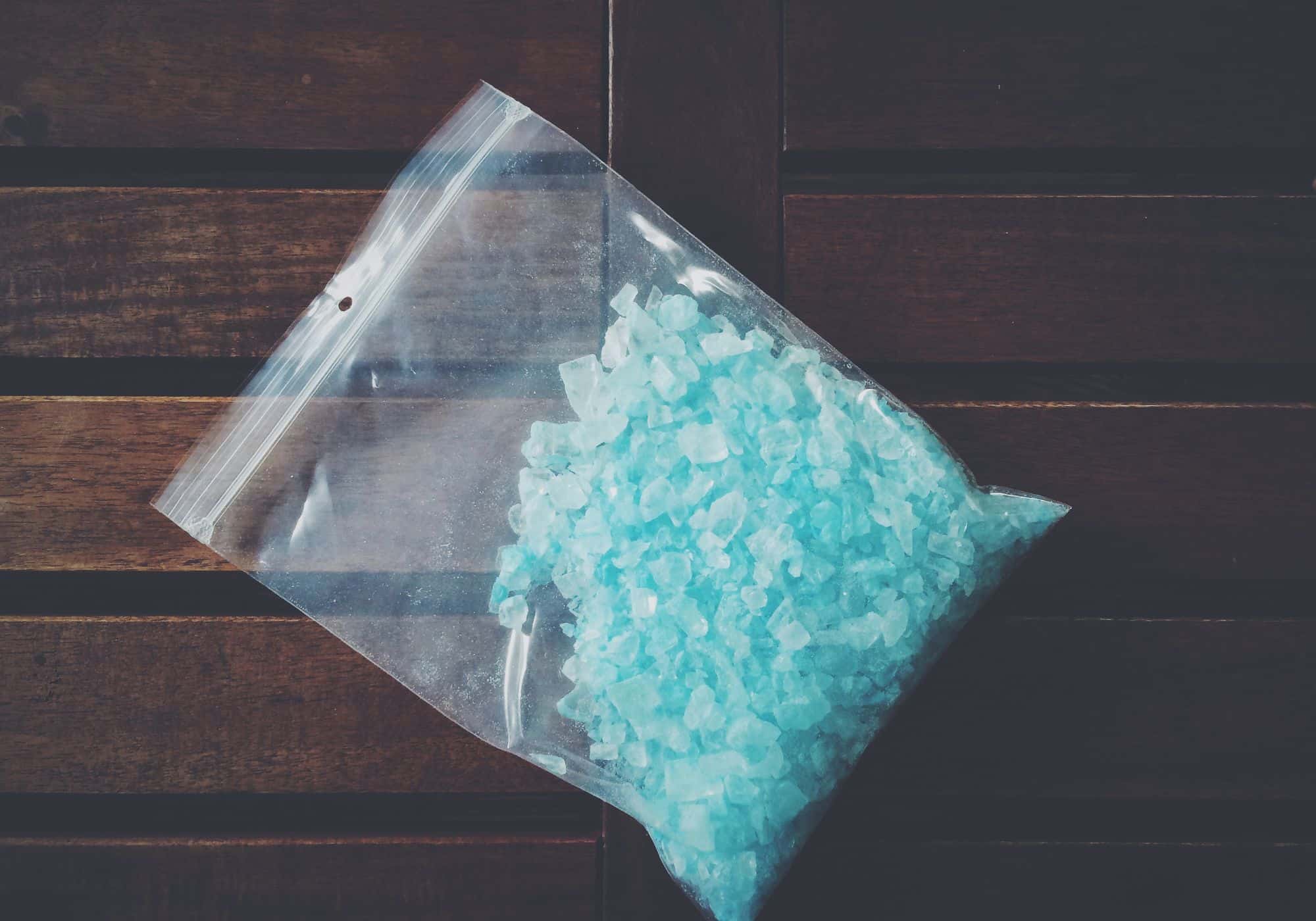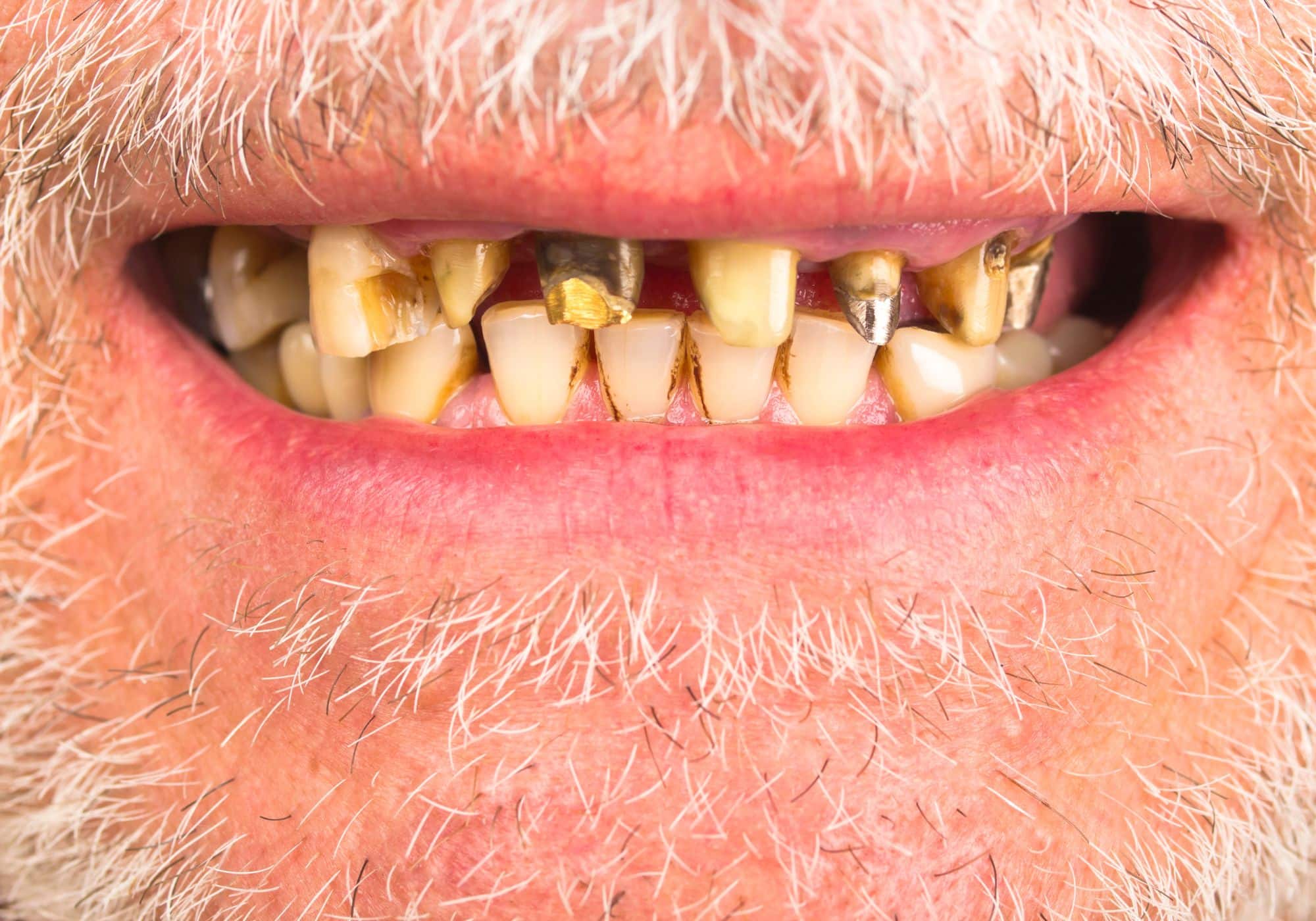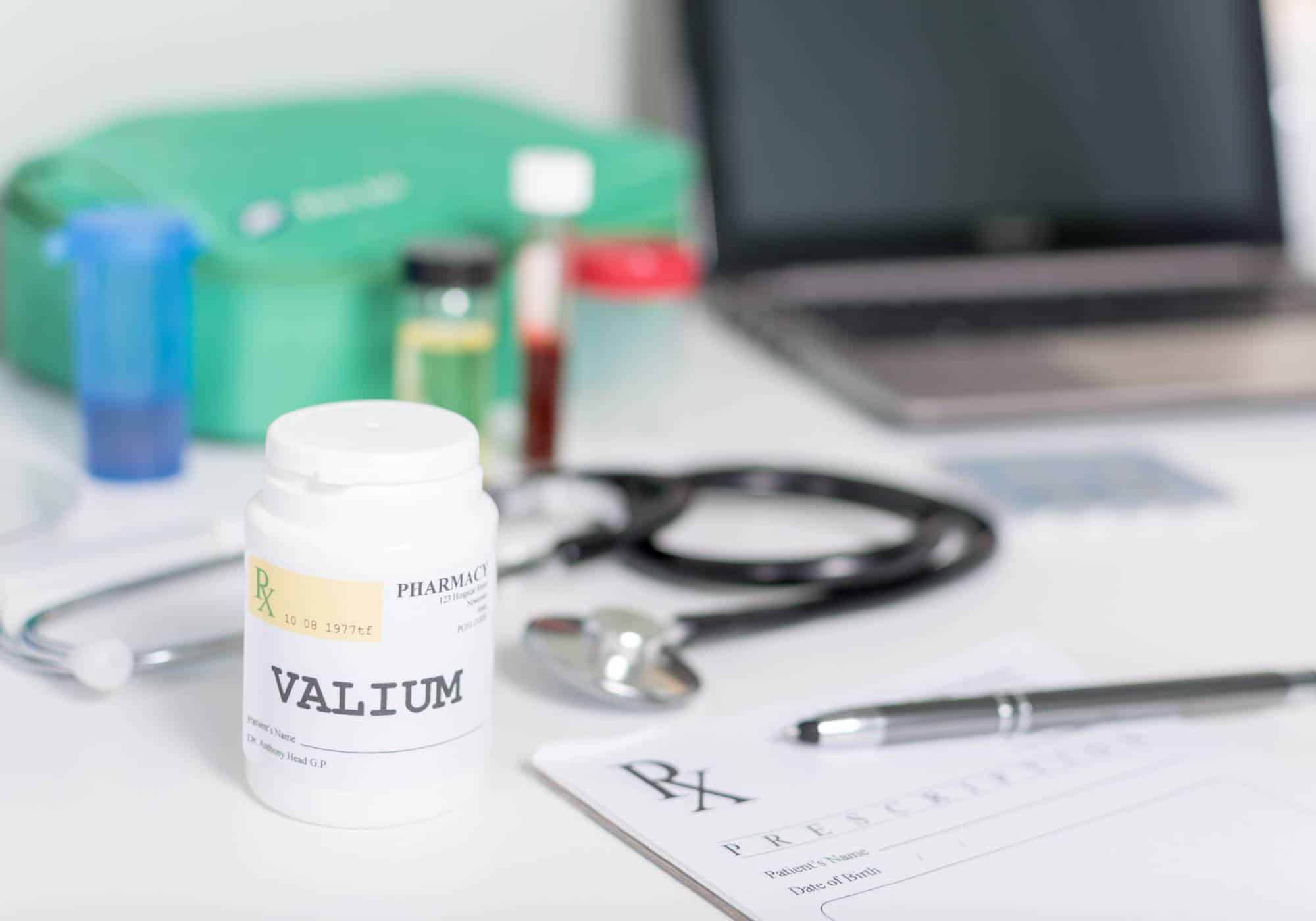Methamphetamine, commonly known as meth, is a powerful drug that can trap people in its dangerous grip. But there’s hope. At Hope Harbor Wellness, we believe that every individual has the inner strength to overcome addiction, and we’re here to guide that journey through our expert and compassionate meth addiction treatment in Atlanta, GA.
Are you or someone close to you battling meth addiction? You’re not alone, and help is at hand. Hope Harbor Wellness offers a ray of hope for those seeking freedom from the chains of meth addiction. Our skilled professionals create a blend of proven meth addiction treatments, ensuring you get the individualized care you deserve. From detox to therapy and ongoing counseling, we provide a haven of healing, all set within a caring and supportive community.
Navigating the waters of addiction can be challenging, but with Hope Harbor Wellness by your side, you’re armed with the tools, support, and understanding needed to sail toward a brighter, healthier future.
What is Methamphetamine?
Methamphetamine, often just called “meth” or “crystal meth,” is a potent man-made stimulant that deeply affects the brain and body. Popular street names you might hear include “crystal,” “speed,” and “Tina.” This drug can be incredibly captivating, leading many down a challenging path of misuse.
Originally developed from amphetamine for medical uses in the early 1900s, meth has since found its way into the streets, where it’s often consumed without any medical oversight. This shift has magnified the drug’s dangerous potential. According to the National Survey on Drug Use and Health, over 2 million Americans, aged 12 or older, have tried meth in just the last year, making it a top concern among illicit drugs.
The allure of meth lies in the intense high it provides. But this high is fleeting, pushing users to take more and more in quick succession, sometimes leading to non-stop use for days on end.
Given the deep challenges meth poses, Hope Harbor Wellness is firmly committed to guiding individuals away from its grasp. Our meth addiction treatment focuses on healing both the mind and body, setting the stage for a future where meth no longer dictates the narrative. Through compassionate and tailored care, we aspire to turn the tide on methamphetamine addiction, ensuring brighter days ahead.
What is Crystal Meth?
Crystal methamphetamine, commonly known as crystal meth, is a powerful synthetic stimulant that dramatically accelerates brain activity and impacts the central nervous system. It has enduring effects on the body and is notorious for its high potential for addiction. This drug is often referred to by various street names such as crystal, speed, ice, glass, or tweak, among others. In casual settings, it’s sometimes discreetly called ‘Tina’ to conceal its true identity.
Crystal meth appears either as small glass-like shards or as a bitter-tasting powder with no smell. Its color can vary from clear to shades of pink, off-white, or even brown. This variance largely depends on the specific ingredients used in its illegal manufacture.
The methods of consuming crystal meth are diverse. It can be ingested as a pill, injected directly into the bloodstream, snorted, or smoked. Regardless of the consumption method, the drug is alarmingly potent. MethProject.org highlights crystal meth as “one of the most addictive substances available,” underscoring its destructive impact on individuals who fall into its grip of addiction.
What Is Meth Addiction?
At Hope Harbor Wellness, we’re familiar with the deep hold meth can have on an individual’s life.
So, what makes meth so addictive? At its core, meth stimulates the brain, releasing a surge of dopamine. This flood of feel-good chemicals results in intense bursts of happiness, sharp focus, and a surge of energy. But these short-lived highs come at a cost. Over time, the brain starts to rely on meth to feel these sensations, leading to stronger cravings and increased consumption.
However, the more someone uses meth, the more their body and mind pay the price. Long-term use can cloud judgment, fray emotions, and wear down the body. While meth might promise euphoria, it often delivers a trail of challenges in its wake, from emotional roller coasters to visible signs of physical wear and tear.
Understanding methamphetamine addiction is the first step toward seeking help. At Hope Harbor Wellness, we’re here to offer guidance, support, and a path to recovery for those ready to reclaim their lives and start meth addiction treatment in Atlanta, GA.
Is Meth Addictive?
Recent findings from the National Survey on Drug Use and Health have raised concerns, revealing that over 2.5 million Americans aged 12 and older reported using methamphetamine in the past year. Alarmingly, within this group, 1.6 million were identified as struggling with meth addiction. These figures underscore the formidable addictive potential of methamphetamine.
Methamphetamine acts by triggering an excessive release of dopamine, the neurotransmitter linked to pleasure sensations. Consumption leads to a surge of exhilarating euphoria and heightened energy, often enhancing self-confidence and sociability. However, this intense initial experience frequently propels users into a relentless cycle of addiction, as they continuously chase that first high.
Chronic abuse of methamphetamine can profoundly alter brain functioning. Extended exposure to the drug increases dopamine levels, affecting brain areas responsible for emotion and memory. This can lead to serious emotional and cognitive challenges, culminating in conditions such as stimulant use disorder or meth addiction.
The consequences of long-term methamphetamine abuse are often enduring, with some brain changes potentially being permanent. Therefore, it’s vital to seek professional intervention early in the addiction cycle. Remember, irrespective of the severity of the addiction, recovery is always within reach with the right support and treatment.
How and Why is Meth Addictive?
Methamphetamine has a high potential for addiction, despite its severe side effects. The reason behind this addiction lies in the intense and fleeting euphoria it provides. Initially, meth use can induce feelings of exhilaration and well-being. However, as the drug’s effects wear off, these positive emotions quickly dissipate, often replaced by negative states like paranoia and depression. To escape these unpleasant feelings, users are compelled to consume more meth, creating a vicious cycle of use and dependence.
Addiction takes hold when an individual’s brain and body start craving the drug to replicate these euphoric effects and stave off negative emotions. The rapid onset of meth’s effects, particularly when injected directly into the bloodstream, contributes to its addictive nature. Users experience an immediate, intense rush, followed by a significant crash, which drives the continuous need to use the substance to maintain the high and avoid the low.
Long-Term Effects of Meth Use and Addiction
According to the NIDA, the drug does a number on nerve endings and opens the door to a range of health issues, from physical ailments to mental disorders. One of the more alarming connections is Parkinson’s disease, a debilitating neurological condition. On top of that, meth has been known to damage the blood vessels in the brain, bringing about its own set of challenges.
Some other lasting effects of chronic meth use include:
- Heart Problems: Meth can cause irregular heartbeats, palpitations, heart attacks, and even sudden cardiac arrest.
- Brain Damage: The drug might bring about permanent or long-lasting changes in brain functions.
- Weight Loss and Malnutrition: Prolonged use can lead to severe weight loss and associated health problems.
- Stroke and Parkinson’s Disease: Meth use increases the risk of these serious health issues.
- Breathing Issues: Especially for those who smoke meth, chronic coughs and bronchitis can become a problem.
- Dental Problems: Meth users often struggle with gum disease and tooth decay.
- Mental Health: Issues like anxiety, memory problems, and mood swings can persist.
- Physical Signs: This includes skin sores, nasal problems for those who snort the drug, “track marks” for injectors, and heightened risks of diseases like HIV and hepatitis for those who inject.
- Behavioral Changes: Chronic users might face insomnia and display violent or aggressive behavior.
The list of complications doesn’t stop here. Meth use during pregnancy has been linked to birth defects, and the drug’s addictive nature can pull users into a vicious cycle of increasing health, financial, and social problems. Our Meth Rehab in Atlanta, GA is here to help guide you and help you break the chains of meth addiction.
What is Meth Mouth?
“Meth mouth” is a term for the severe dental issues often seen in individuals addicted to methamphetamine, a powerful and addictive stimulant. This condition results from the acidic nature of the drug, combined with physical changes induced by meth abuse. It’s one of the most visible signs of meth addiction, alongside changes in facial appearance and skin damage often associated with injecting the drug.
According to the Journal of the American Dental Association, meth mouth is marked by intense tooth decay and advanced gum disease, often leading to teeth that are blackened, stained, rotting, crumbling, or falling out. The significant tooth decay observed in chronic meth users is generally attributed to both drug-induced psychological changes and physiological effects. These effects include xerostomia (chronic dry mouth), which significantly contributes to poor oral hygiene and dental health.
The symptoms of meth mouth are quite distinct and include:
- Xerostomia, or the persistent sensation of dry mouth.
- Teeth that are cracked, loose, or missing.
- Lockjaw, or difficulty in opening the mouth fully.
- Gum diseases such as gingivitis and periodontitis.
- Carious lesions, which are essentially micro-cavities that start forming on the teeth.
- Bruxism, which involves grinding or clenching of the teeth, often unconsciously.
- Teeth that appear blackened or are rotting.
- Bad breath, often noticeable and persistent.
Meth mouth is more than just a cosmetic issue; it reflects serious underlying health problems due to methamphetamine abuse. Addressing these dental issues requires both the treatment of the addiction and specialized dental care to repair the damage caused to oral health.
What To Expect at Our Meth Addiction Rehab in Atlanta
Entering meth rehab can be an overwhelming step, but at Hope Harbor Wellness, we strive to make the journey to recovery as smooth and nurturing as possible.
Here’s what you can anticipate when joining our meth addiction rehab program:
- Tailored Care: No two addiction stories are the same. We understand this and craft personalized treatment plans to suit everyone’s unique situation and challenges.
- Safe Detoxification: Recovery starts with clearing the body of harmful substances. Our medical team oversees a safe and comfortable detox process, ensuring that withdrawal symptoms are managed with utmost care.
- Therapeutic Support: With evidence-based therapies, we dive deep to uncover and address the underlying causes of addiction. Our therapeutic sessions aim not just to treat the symptoms but to heal from the roots.
- Holistic Wellness: Beyond traditional treatments, we believe in nurturing the whole person. Whether it’s through yoga, meditation, or other holistic practices, we focus on enhancing both mental and physical well-being.
- Guidance and Motivation: Recovery can be challenging, but you won’t walk this path alone. Our dedicated team is there every step of the way, offering encouragement, guidance, and a listening ear whenever needed.
- Skills for the Future: We don’t just help you overcome addiction; we prepare you for the life ahead. By cultivating coping techniques, fostering positive relationships, and laying out a robust aftercare plan, we ensure you’re equipped for long-term success.
At Hope Harbor Wellness, our mission goes beyond mere meth addiction treatment. We’re here to offer a transformative experience, helping you reclaim your life and face the future with hope and resilience, call us today at 678-672-6731.
Signs And Symptoms of Meth Addiction
Spotting the signs of meth use early can be a lifesaver. If you’re concerned about someone or are questioning your own relationship with meth, here are the warning signs of meth use to look out for:
- Physical Changes: Drastic weight loss is often a red flag. The drug can suppress appetite, leading to noticeable thinning over a short period.
- Dental Problems: Known colloquially as “meth mouth,” users might experience severe tooth decay, gum disease, and tooth loss.
- Skin Issues: Meth can cause itchy sensations, leading to constant scratching and resulting in sores and scars on the skin.
- Behavioral Shifts: Erratic behavior is common. You might notice hyperactivity or, conversely, long periods of inactivity. Rapid and extreme mood swings can be a clear indication as well.
- Sleep Disturbances: Meth can significantly disrupt sleep patterns. This might manifest as insomnia or irregular sleeping hours.
- Psychological Symptoms: Paranoia and hallucinations can be alarming symptoms of meth use. If someone believes in things that aren’t real or feels unduly suspicious, it’s cause for concern.
- Social and Financial Struggles: Meth addiction can strain relationships, leading to social isolation. Additionally, financial troubles may arise as money gets diverted towards procuring the drug.
- Legal Troubles: Engagement in risky behaviors, including illegal activities to support the addiction, might lead to brushes with the law.
Understanding these symptoms is the first step toward recovery. If these signs resonate with you or describe someone you care about, don’t hesitate. Contact Hope Harbor Wellness to begin your meth addiction treatment in Atlanta, GA. We’re here to guide you toward a healthier, meth-free life.
Treatment for Meth Addiction
Methamphetamine addiction treatment involves a multifaceted approach that addresses the physical, psychological, and emotional aspects of the disease. Our meth rehab program in Atlanta, GA utilizes evidence-based therapies, such as cognitive-behavioral therapy (CBT), dialectical behavior therapy (DBT), and motivational interviewing, to help individuals understand the underlying causes of their addiction and develop healthy coping strategies.
In addition to therapy, our program offers holistic treatments, such as mindfulness meditation, yoga, and nutritional counseling, to promote overall well-being and support long-term recovery. Family involvement and support are also crucial components of methamphetamine addiction treatment, and we encourage family participation in therapy and educational sessions to foster understanding, healing, and lasting change.
How Long is Meth Rehab?
The duration of meth rehab in Atlanta can vary depending on the individual’s needs, progress, and level of commitment to recovery. Generally, treatment programs range from 30 to 90 days or longer, with aftercare support and ongoing therapy often recommended for maintaining sobriety and preventing relapse.
It’s essential to understand that recovery from methamphetamine addiction is a lifelong process, and the length of time spent in rehab is just one aspect of the journey. Our team works closely with everyone to create a customized treatment plan that supports their unique needs and goals, ensuring the best possible foundation for lasting recovery. If you or your loved one is struggling with the grip of meth addiction, don’t wait call us today at 678-672-6731 to begin your meth addiction treatment in Atlanta, GA.
Meth Detox and Withdrawal Symptoms
Kicking off the journey to recovery from meth addiction starts with detoxification. This vital first step clears the body of the drug, but it’s not without its challenges. Let’s break down what this looks like and how Hope Harbor Wellness is here to support you every step of the way.
Understanding Meth Detox
Detoxification is about more than just cleansing the body; it’s about transitioning safely from a state of dependency to one of stability.
Meth Withdrawal Symptoms
Withdrawing from meth is no small feat. Common symptoms include
- Fatigue: Many people feel exceptionally tired or lethargic.
- Mood Shifts: Feelings of depression or anxiety can emerge.
- Cravings: An intense desire to use the drug again is typical during detox.
- Other possible symptoms can include increased appetite, sleep disturbances, and physical discomfort.
Learn more about the dangers, signs and symptoms of meth withdrawal.
Our Meth Treatment Approach
At Hope Harbor Wellness in Atlanta, we prioritize your safety and well-being. We work with detox centers to provide medically supervised detox that ensures you’re in good hands throughout this challenging phase. With our team of seasoned professionals by your side:
- You’re continuously monitored, ensuring any complications are swiftly addressed.
- Medications might be administered to ease symptoms, making the process more manageable.
- Emotional support is always available, helping to fortify your mental and emotional resolve.
Remember, while detox is essential, it’s only the beginning. Following through with comprehensive meth treatment is key to long-term recovery. Trust in Hope Harbor Wellness to guide you every step of the way with our outpatient meth addiction treatment, call our admissions team today.
Is Meth Addiction Treatment Covered by Insurance?
If meth addiction concerns you and affordability is an issue, consult our intake specialists. Many insurance policies cover, wholly or partly, meth rehab costs. For residents in or around Atlanta, GA, Hope Harbor Wellness offers comprehensive meth addiction treatment solutions. Call us today to find a treatment plan tailored to your needs.
Meth Rehab Near Me, Your Local Solutions for Recovery
Searching for “meth rehab near me” can be the first crucial step toward a transformative journey of recovery. In the Atlanta area, there are dedicated meth addiction treatment centers focused on providing comprehensive care and support. By choosing a “meth addiction treatment near me,” you benefit from accessible, personalized treatment options, expert care, and a supportive community to guide you through the healing process. These local facilities understand the unique challenges of overcoming meth addiction and offer a range of therapies and programs to cater to individual needs, ensuring a path to long-term recovery and well-being.
Find Effective Meth Addiction Treatment in Atlanta Now
Time and again, we’ve witnessed the devastating grip methamphetamine can have on individuals and their families. But with the right help, breaking free is not just a possibility; it’s a reality. Here’s how Hope Harbor Wellness stands out as a beacon of hope in Atlanta:
- Immediate Help: The journey to recovery starts with a single step. If methamphetamine is ruling your life or that of someone you care about, it’s time to lean on professionals who genuinely care.
- Personalized Care: We’re not about one-size-fits-all solutions. Our meth rehab in Atlanta prioritizes individual needs. With a tailored approach, we map out a treatment plan that resonates with your personal journey, ensuring better outcomes.
- Holistic Focus: Recovery isn’t just about breaking free from the drug; it’s about rediscovering life’s joys and establishing a fresh start. Hope Harbor Wellness champions a holistic approach, ensuring that both the mind and body get the nurturing they need.
- Join a Supportive Community:Our team is more than just medical professionals; we’re a community that understands the challenges of addiction and stands by your side every step of the way.
It’s never too late to rewrite your story. Contact Hope Harbor Wellness today. Discover how our meth rehab program can be your compass, guiding you away from the shadows of methamphetamine addiction and towards the sunshine of a hopeful, healthier tomorrow. Your next chapter starts now.
Meth Addiction Treatment Frequently Asked Questions
How Is Meth Addictive?
Methamphetamine is highly addictive due to its powerful effect on the brain’s dopamine system, causing intense euphoria. Regular use alters brain chemistry, leading to dependency and the need for higher doses to achieve the same effect, reinforcing the cycle of addiction.
Why Is Meth So Addictive?
Meth’s addictiveness stems from its rapid release of high levels of dopamine, a neurotransmitter associated with pleasure and reward. This intense dopamine release creates a strong desire to repeat the experience, leading to quick development of addiction.
How Long Does It Take to Get Addicted to Meth?
Addiction to meth can develop quickly, sometimes within just a few uses. The speed of addiction onset varies among individuals, depending on factors like frequency of use, dosage, and personal susceptibility.
Is Meth Addictive?
Yes, meth is highly addictive. Its potent effects on the brain’s reward system make it one of the most addictive substances available, leading to severe physical and psychological dependence.
How to Help a Meth Addict?
Helping a meth addict involves encouraging them to seek professional treatment, offering emotional support, and understanding the challenges of addiction. It’s important to be patient and non-judgmental, as recovery is a complex and ongoing process.
Is Crystal Meth Addictive?
Crystal meth, a form of methamphetamine, is extremely addictive. Its crystal form is smoked, leading to rapid onset of effects and a high potential for abuse and addiction.
Is Meth Physically Addictive?
Meth is both physically and psychologically addictive. Physical addiction is characterized by withdrawal symptoms upon cessation, such as fatigue, depression, and intense cravings.
What Are the Options for Meth Addiction Treatment in Intensive Outpatient Programs (IOP)?
IOP for meth addiction offers structured therapy and support while allowing patients to live at home. It typically includes behavioral therapy, group sessions, and regular drug testing, catering to those who need a flexible yet effective treatment approach.
How Long is Meth Rehab?
The length of meth rehab varies, with inpatient programs ranging from 30 to 90 days and outpatient treatment potentially extending for several months. The duration is tailored to individual needs, focusing on effective recovery and relapse prevention. Long-term support and therapy are often recommended for sustained sobriety.













